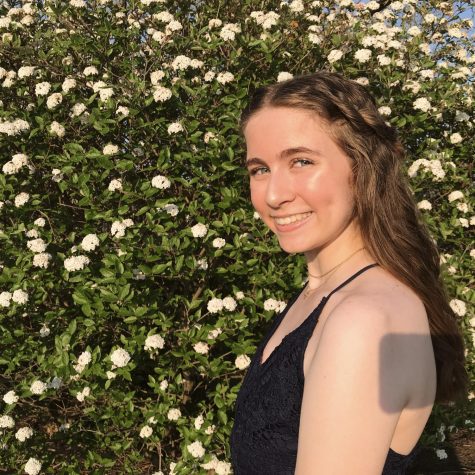To say that Taylor Swift has made a name for herself within the music industry would be an understatement.
Swift has practically dominated the genres of pop, country, and rock, and fans like me have grown to love her ever-evolving style. But when the artist abruptly announced on July 23 via social media that she would be dropping an alternative album at midnight that night, I was speechless.
Swifties are used to Taylor’s surprises (even the occasional bombshell). This is understandable – Swift’s albums, her videos, her songs, her social media posts are full of Easter eggs, hidden clues, cryptic photos, even complete Instagram blackouts – keeping us on the edge of our seats.
But I have to admit that a surprise alternative album with boldly explicit lyrics announced a mere 16 hours before its release came as a true shock. Swift has had a history of over-promoting her albums, especially her seventh studio album Lover, which she began promoting nearly six months prior to the record’s release. She seemingly enjoys fiddling with her fans’ presumptions of what is to come, so the sudden announcement of an entire album seemed unimaginable prior to the release of the musical masterpiece folklore.
The announcement sent Swifties into an internet frenzy, and after listening to the album on repeat, I have realized it all boils down to this – Taylor Swift can do anything. While I have had this thought before, folklore solidifies this idea once again.
As Swift explained in an Instagram post, the idea for the album “started with imagery. Visuals that popped into my mind and piqued curiosity. Pretty soon these images in my head grew faces or names and became characters. I found myself not only writing my own stories, but also writing about or from the perspective of people I’ve never met, people I’ve known, or those I wish I hadn’t.”
Much of the album is composed of make-believe characters with unique storylines (hence the name folklore,) but it seems that there may be a fine line between these characters’ narratives and Swift’s past experiences.
The lead single and standout track “cardigan” is the first of a musical trilogy highlighting a young love story from different perspectives. This song is written from the vantage point of a teenage girl who becomes the victim of a love triangle, and the instrumentals along with the lyrical and conceptual complexity of the track help to tell the classic tale of heartbreak through enchanting imagery as opposed to the flat-out depressing sounds that Swift typically gravitates towards.
Regardless of the captivating fantasy land that Swift brings to life throughout the song and music video, the track still manages to tug the listener’s heartstrings, especially with lyrics such as “A friend to all is a friend to none / Chase two girls, lose the one / When you are young, they assume you know nothing,” and “You drew stars around my scars / But now I’m bleedin’.”
The trilogy continues as the teenage girl reminisces on the time that she thought solely belonged to her and the love interest in track 8, “august.” After the damage has been done, the boy expresses his remorse in track 14, “betty,” and the trilogy comes to an unfortunate end. This carefully crafted narrative is a work of genius, and only Swift could successfully tell this story amongst the many other anecdotes that are wedged in between the three corresponding tracks.
Swift’s ability to flawlessly incorporate anecdotes through the use of vivid lyrics carries on throughout the album, especially during “the last great american dynasty.” Swift pauses the love triangle narrative to tell the crazy yet true story of Rebekah Harkness, the infamous former inhabitant of Swift’s Rhode Island mansion – Holiday House. Swift describes how the people surrounding the socialite would say “Who knows, if she never showed up, what could’ve been / There goes the most shameless woman this town has ever seen / She had a marvelous time ruining everything.” Locals gossiped about Harkness and her many antics, such as dying her neighbor’s dog key lime green during a raging feud or filling her pool with champagne. The musician shifts back into first-person towards the end of the song to state “Who knows, if I never showed up, what could’ve been / I had a marvelous time ruining everything.”
Although Swift’s life starkly contrasts from the twists and turns of Harkness’s, her remarkable ability to draw out the few similarities that bring the two together while adding her own dose of reality into the mix is impressive, to say the least. Like Harkness, Swift has also been painted as a boy-crazy psychopath by many, as depicted in her immensely popular music video “Blank Space” that was released back in 2014. The musician touches on this concept once again in “mad woman,” which brings to life the dark storyline of deception and manipulation that the artist likely found herself in at some point in her career. Swift seamlessly incorporates this theme throughout both tracks, which allows the listener to empathize with the discrimination that successful women often face from jealous onlookers.
Swift’s battles within the music industry are highlighted once again in “my tears ricochet,” which fans speculate is about her past contract with Big Machine Records. The record label was responsible for the repossession of her first six albums, and lines such as “And if I’m dead to you, why are you at the wake? Cursing my name, wishing I stayed / Look at how my tears ricochet” bring Swift’s sense of hopelessness to life. The artist’s collaboration with long-time songwriting and producing partner Jack Antonoff brought this sense of agony and deception to life, and although fans may struggle to relate to Swift’s specific situation, her lyrics allow fans to understand the overarching sense of betrayal that Swift is feeling.
Swift introduces listeners to another short yet significant storyline in “epiphany,” a track about Swift’s grandfather, whose photo appears in the “cardigan” music video. The ballad recounts her grandfather’s experience fighting in World War II, with distressing lyrics such as “Keep your helmet, keep your life, son / Just a flesh wound, here’s your rifle” and “Something med school did not cover / Someone’s daughter, someone’s mother / Holds your hand through plastic now.” Only Swift could put listeners into the shoes of someone in the front lines of something as horrific as war, and she does so effortlessly while also expressing her respect for those who end up in those situations.
Weaving effortlessly in and out of reality, Swift tells her own stories as well as those that transport listeners to places filled with magic, tragedy, hope, freedom, and everything in between. Although the album may have a seemingly dark facade and mysterious undertones, the style of music that the artist has chosen allows her storytelling abilities to shine. Taylor Swift always presents storytelling at its finest, and I would expect nothing less from her.
The album retails for $8.99, and it can be streamed on most major streaming platforms, including Apple Music, Spotify, SoundCloud, and Amazon Music. The album and “cardigan” music video debuted as No. 1 on the iTunes charts.



![Community honors longtime coach Mr. Bryan Thomas before Oct. 3 game [photo gallery]](https://nchsinkspot.com/wp-content/uploads/2025/10/Thomas-6-1200x1200.jpg)

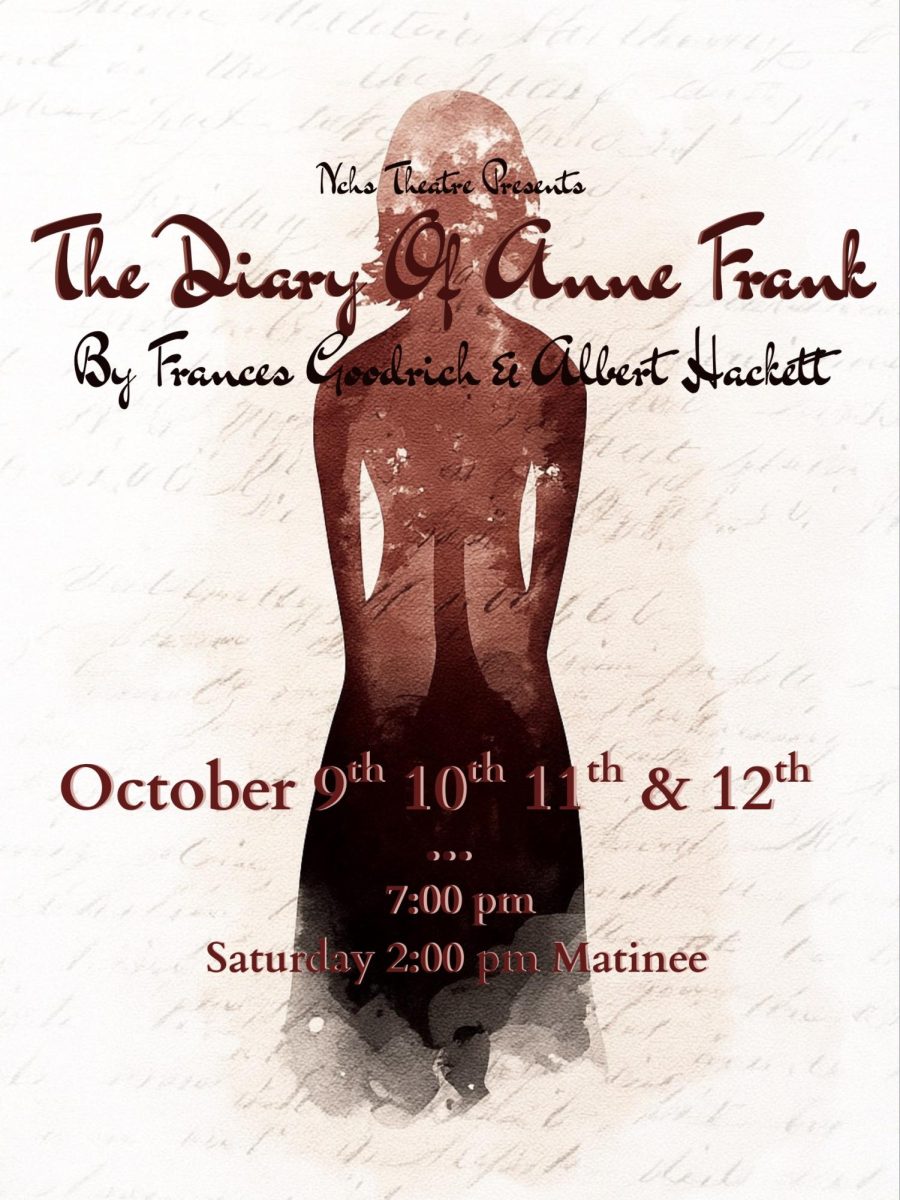
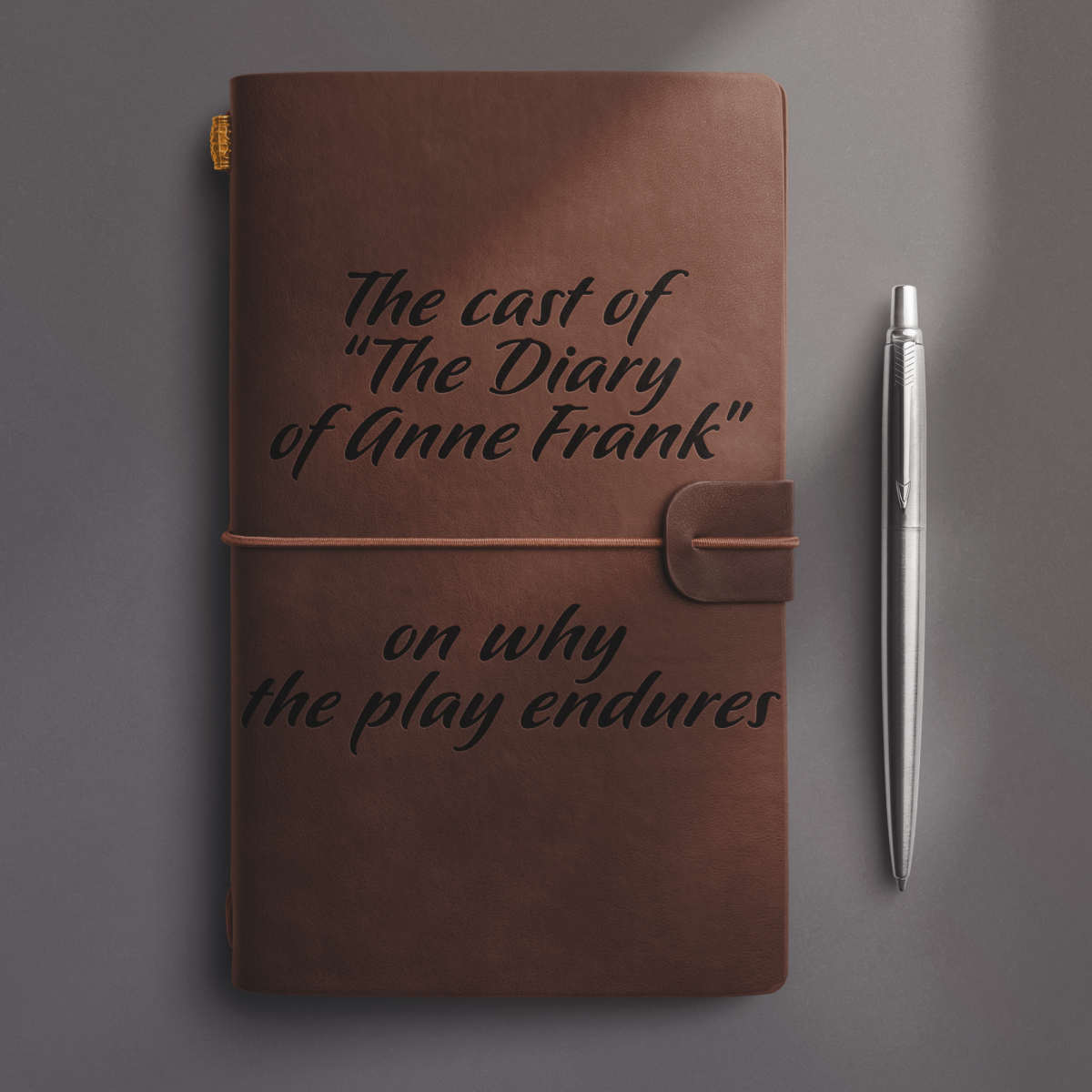



















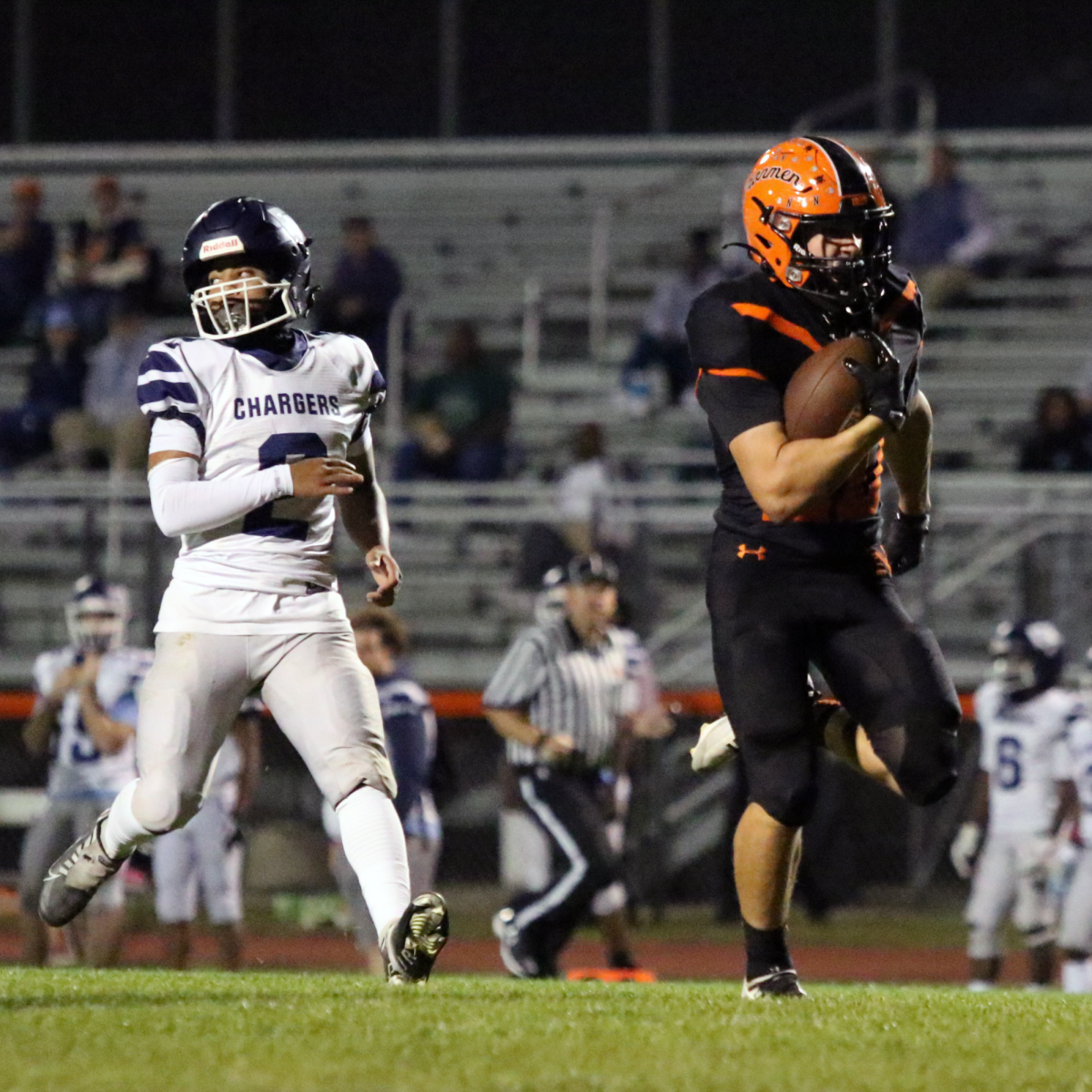



![Ironmen volleball head coach Ms. Christine Konopasek recorded her 400th career victory Oct. 21 as the Ironmen closed their regular season with a 2-0 sweep over Danville.
[Photo Illustration]](https://nchsinkspot.com/wp-content/uploads/2025/10/Vball400Thumb.png)





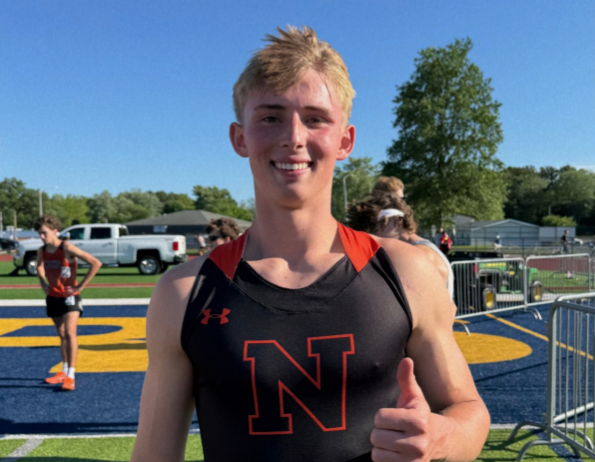

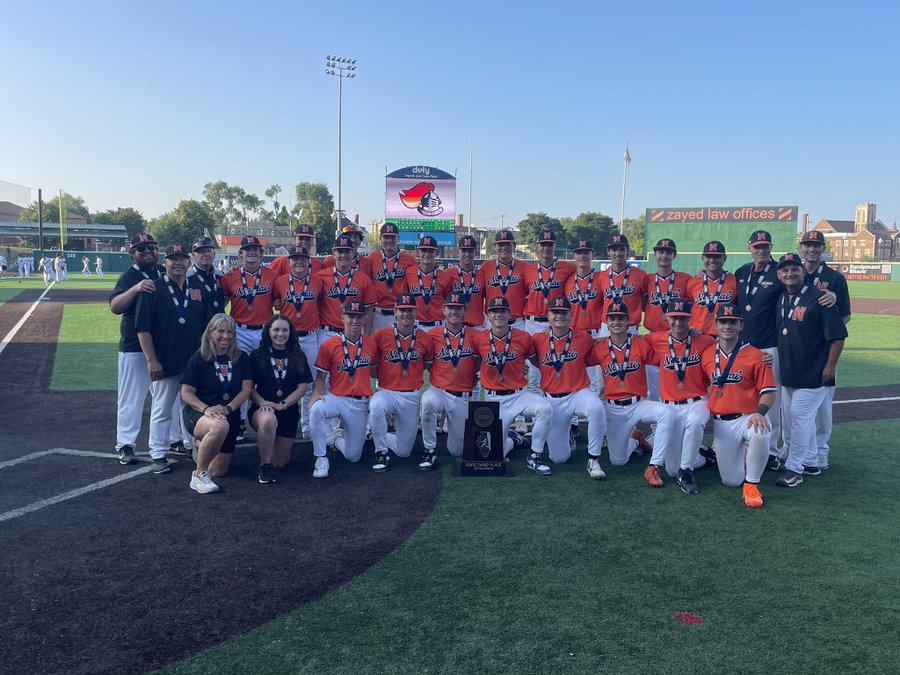








![Halloween candy cross section quiz [quiz]](https://nchsinkspot.com/wp-content/uploads/2022/10/Candy-cover-big-900x675.png)
![Average Jonah? [quiz]](https://nchsinkspot.com/wp-content/uploads/2022/05/average-jonah-900x600.png)







![[Photo Illustration]](https://nchsinkspot.com/wp-content/uploads/2025/09/trigger-words-1.png)










![Week 9: Coach Drengwitz on Week 8’s win, previewing Peoria High [video]](https://nchsinkspot.com/wp-content/uploads/2025/10/W9_PeoriaThumb.png)
![Postgame: Drengwitz on Community’s 56-6 win over Champaign Centennial; staying unbeaten in Big 12 [video]](https://nchsinkspot.com/wp-content/uploads/2025/10/10.17_FBwChampCent56-6_POST_thumb.png)
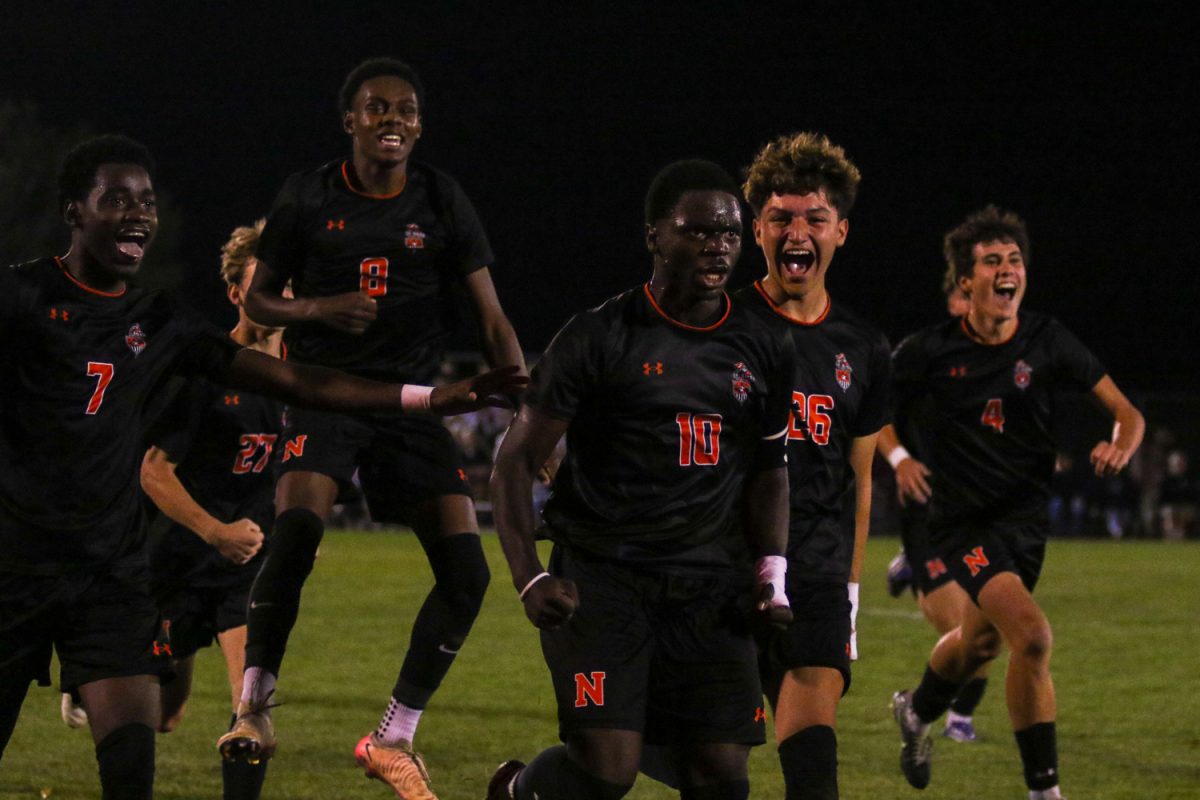






![Week 7: Coach Drengwitz recaps the Ironmen’s win over Bloomington, talks Danville [video]](https://nchsinkspot.com/wp-content/uploads/2025/10/Vikings-feature-Image-1200x675.png)
![On the Spot: This or That – Halloween [video]](https://nchsinkspot.com/wp-content/uploads/2024/10/tot-Halloween-YT-1200x675.png)
![On the Spot: This or That – Fall favorites [video]](https://nchsinkspot.com/wp-content/uploads/2024/10/ots-fall-web-1200x800.png)
![On the Spot – Teachers tested on 2023’s hottest words [video]](https://nchsinkspot.com/wp-content/uploads/2024/01/On-the-Spot-Teachers-tested-1200x675.png)








![Taylor Swift's 'Folklore': new sound adds to artist's lore [review]](https://nchsinkspot.com/wp-content/uploads/2020/07/T-swift.jpg)
